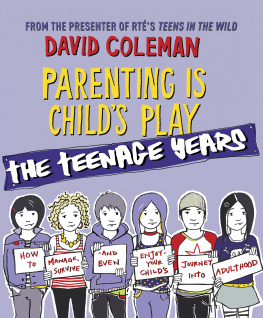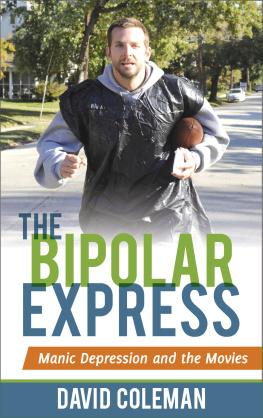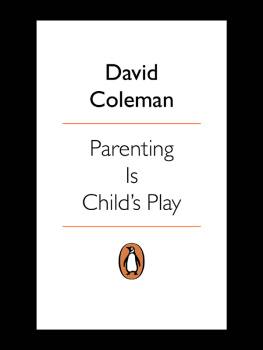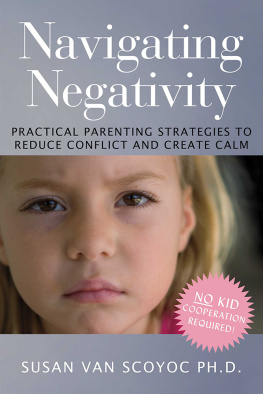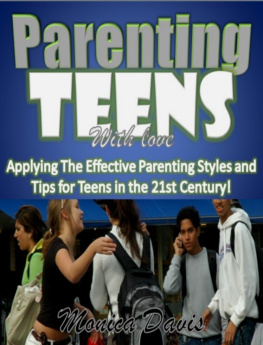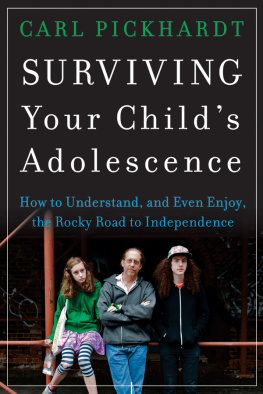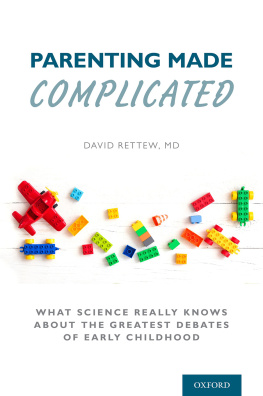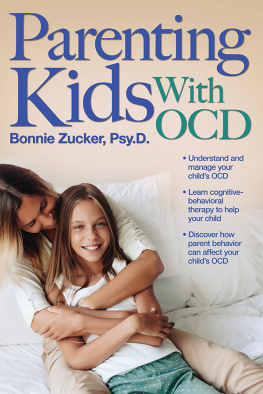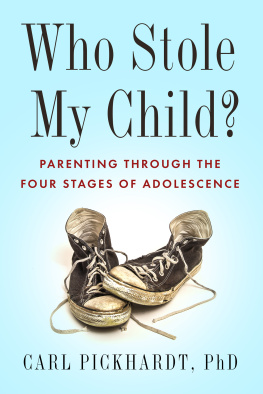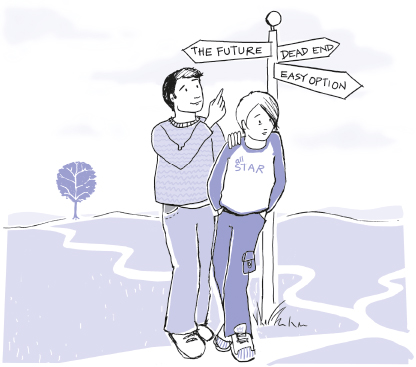PENGUIN IRELAND
Published by the Penguin Group
Penguin Ireland, 25 St Stephens Green, Dublin 2, Ireland (a division of Penguin Books Ltd)
Penguin Books Ltd, 80 Strand, London WC2R 0RL, England
Penguin Group (USA) Inc., 375 Hudson Street, New York, New York 10014, USA
Penguin Group (Australia), 250 Camberwell Road, Camberwell, Victoria 3124, Australia
(a division of Pearson Australia Group Pty Ltd)
Penguin Group (Canada), 90 Eglinton Avenue East, Suite 700, Toronto, Ontario, Canada M4P 2Y3
(a division of Pearson Penguin Canada Inc.)
Penguin Books India Pvt Ltd, 11 Community Centre, Panchsheel Park, New Delhi 110 017, India
Penguin Group (NZ), 67 Apollo Drive, Rosedale, North Shore 0632, New Zealand
(a division of Pearson New Zealand Ltd)
Penguin Books (South Africa) (Pty) Ltd, 24 Sturdee Avenue, Rosebank, Johannesburg 2196, South Africa
Penguin Books Ltd, Registered Offices: 80 Strand, London WC2R 0RL, England
www.penguin.com
First published 2010
Copyright David Coleman, 2010
Illustrations copyright Anna Hymas, 2010
The moral right of the author and of the illustrator has been asserted
All rights reserved
Without limiting the rights under copyright reserved above, no part of this publication may be reproduced, stored in or introduced into a retrieval system, or transmitted, in any form or by any means (electronic, mechanical, photocopying, recording or otherwise), without the prior written permission of both the copyright owner and the above publisher of this book
ISBN: 978-0-14-196204-7
DAVID COLEMAN is a clinical psychologist, broadcaster and author. A graduate of University College Dublin, David has been a practising clinical psychologist, working with children, teenagers and their families, for over twelve years. David has become well known in Ireland as the presenter of the hit RT television series Families in Trouble, and more recently Teens in the Wild, both of which were enjoyed by huge audiences nationwide. David also presents 21st Century Child, a landmark venture for RT that follows twelve Irish families for six years from the birth of their babies. A natural communicator, Davids style is universally acclaimed as accessible and approachable. David has successfully transferred his skills to radio, where he is the dependable weekly contributor to The Moncrieff Shows parenting slot every Wednesday on Newstalk 106108fm. David is also the bestselling author of Parenting is Childs Play, a guide to raising young children. A firm and continuing favourite with Irish parents, the book was published by Penguin Ireland in May 2007. He is also a weekly expert contributor to the Parenting Section of Health Plus, the Irish Times supplement every Tuesday. This is his second book.
for
Michle, Conall, Megan and anna
INtRODUCtION
I have worked with and counselled hundreds of teenagers and their families over the last twelve years. In so many ways this has put me in a lucky and privileged position. I get to be the person who can try to understand things from that teenagers point of view. I can help them to negotiate relationships with their parents and their peers. I can support and guide them through the maze of conflicting messages from family, friends, teachers and the global media. I have been lucky enough to be allowed to share in the complexities of their lives. Teenagers will sometimes talk to me when they remain closed to everyone else around them. This happens because my job is to create a space and a forum for them to express and deal with the troubles that have the potential to trip them up in their daily lives.
I am sometimes tempted to assume that all teenagers are rebelling and recalcitrant. Thankfully, I know the reality is different.
But, although I know teenagers and their issues, I still feel a small amount of anxiety at the thought of writing a book about parenting them. I half expect any teenager who picks up this book from their parents bookshelf to snigger and dismiss most of what I am saying. This, in fact, is a ridiculous anxiety. It is based not on the reality of most teenagers, but instead on my insecurity at being challenged for taking a position of authority on the subject of their lives. Im guessing, however, that my anxiety probably mirrors the anxiety of many parents as they move into this phase with their children. We really do fear having our authority challenged.
Adolescence is often hyped as a time of plummeting parental control and increasing parentchild conflict. It is portrayed as a time when respect is replaced by rejection and communication is replaced by cynicism. In the face of such negative anticipation it is unsurprising that many of us dread the shift into adolescence. My working life with teenagers, by the nature of the distress already ingrained in the families, has been continually focused on problems, difficulties and discord. I am sometimes tempted to assume that all teenagers are rebelling and recalcitrant. Thankfully, I know the reality is different. The majority of teenagers move through the transition from childhood to adulthood with enough struggles to make the process real, but not enough struggles to alienate them from their parents.
From my experience with teenagers and families, one of the key determining factors in a successful transition through adolescence centres on the quality of the relationships that parents have formed with their teenagers when they were children. Interacting with your child and showing yourself to be loving, caring, reliable, respectful, authoritative and fair will pay dividends during the teenage years. A solid and secure relationship base provides the ideal launching platform for adolescence and increases dramatically the likelihood of a safe landing into adulthood.
Another key factor is your recognition that your parenting styles have to develop and progress during their adolescence. The styles and strategies that may have proved very successful during the toddler years and even the primary school years will not necessarily be successful during the teenage years. Parents need to accord their teenagers greater responsibility, expect greater levels of trust to be reciprocated and negotiate the consequences for the mistakes that will inevitably be made. Throughout all of that, parents need to foster mutual respect and growing independence a hard task!
I sometimes picture the parenting journey as a parent and child walking to a chosen destination along the road. This journey has several stages.
A solid and secure relationship base provides the ideal launching platform for adolescence and increases dramatically the likelihood of a safe landing into adulthood.
During infancy and babyhood the parent is entirely responsible for choosing both the destination and the route to be followed. During this phase they carry their baby along the road.
In toddlerhood their child insists on walking alone and often decides to go backwards along the route already travelled, especially if another baby is added to the family. The parent must now continue to choose both route and destination and invariably must hold the hand of their child, leading them clearly in the desired direction to keep everyone moving forward.
Middle childhood, as it is called, or the primary school years provide parents with the opportunity to let go of their childrens hands for short periods. Before they let go they continue to keep an eye on the destination and will often let their child choose from the safety of two routes that they have already explored and are happy with. For the child the sense of exploration can be exciting, but at times the parent builds walls on both sides of the path to help their child avoid distraction and to keep the boundaries of the journey clear. They will also explain in great detail the journey to be taken and will keep showing a map of the route to the child, so they know where they are expected to go. If needed, parents will take their children by the hand again to lead them.
Next page
